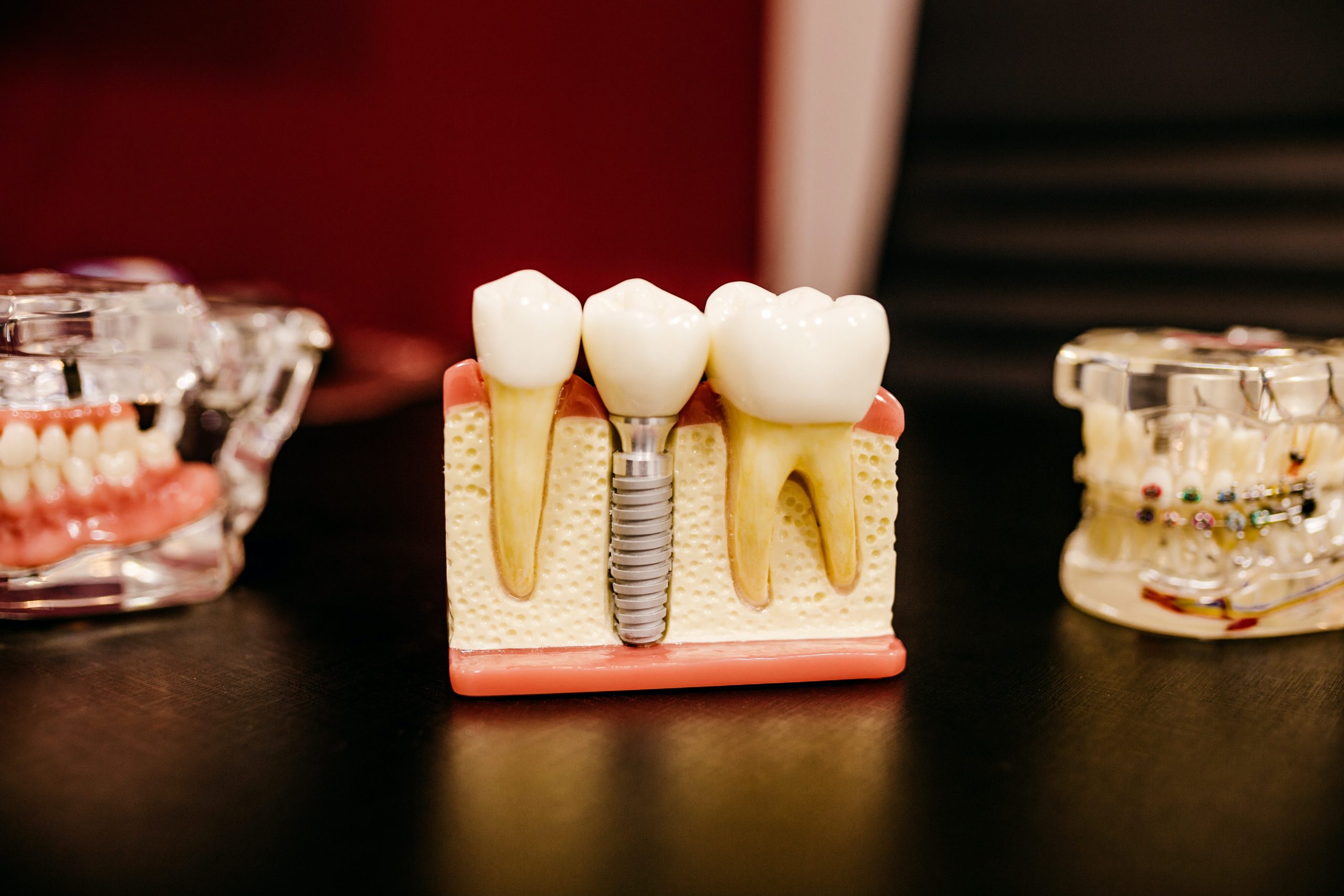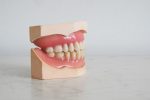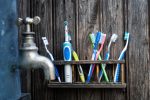Maintaining oral hygiene is essential to living a healthy life, irrespective of age bracket and gender. According to oral health professionals like Hamilton dentist Dr. Tuli, the lack of access to oral health care worldwide is primarily caused by a shortage of skilled workers, lack of access to oral health care facilities, language barriers and dental phobia, among others. This is gradually becoming a global problem, including among college students and others within that age bracket. This article will focus on understanding some oral health perceptions and behaviors among undergrads and other college students. This article will also consider the safety of these behaviors and how they can be improved.
Before proceeding, however, it is essential to establish the meaning of oral health behavior. Understanding the meaning of the concept and what it entails will help one decipher the oral health behaviors and perceptions among undergraduates in colleges or universities worldwide. Read on for more exciting information.
What is oral health behavior and perception?
Oral health behavior is used when explaining the complex effects on individual oral health and, most importantly, on individual attitudes toward the use of dental services. This definition implies that attitudes toward oral health care are not universal. Every society has its own cultural perception of oral health care. So, in the long run, the cultural beliefs and lifestyle of a particular community play a significant role in influencing an individual’s oral health needs and their response toward oral health care.
What influences oral health behavior among college students?
Different factors influence oral health behaviors and perceptions among most college students. A research study carried out by Peltzer and Pengpid in 2014 to investigate oral health behavior perception among undergraduates in universities across 26 low, middle and high-income countries shows that the level of brushing is extremely low among college students. At the end of the study, they indicate a need to improve oral health attitudes among college students to reduce the outbreak of oral diseases.
In another research study conducted in Arab countries, the findings show that both medical and non-medical students have had the opportunity to learn about the importance of oral health. So, from all indications, it shows that among Arab college students, the problem is not the absence of information on oral health in the curriculum, but in certain students’ aloofness toward oral health. To understand some of the factors influencing oral health behavior and perceptions, there is a need to classify the college students based on demographics.
Findings on oral health behavior and perception among college students, using tooth decay as a case study:
Student Behavior
Student A:
In research conducted on the cause of tooth decay among college students, a report shows that most students suffering from tooth decay rarely brush their teeth more than once a week. One of the reasons given by Student A is that they did not like the taste and feel of toothpaste.
Student B:
“At the end of the night, I brush my teeth for at least 3 to 4 minutes. Aside from brushing for such a long time at night, I always ensure that I change my toothbrush once every 4 to 5 months.”
Student C:
“I constantly change my toothbrush once every two months. Sometimes I change it earlier, especially when the toothbrush wire is damaged.”
Student Perception
To understand college students’ perception of tooth decay, the following question was asked: What factors cause tooth decay?
Student A:
Student A believes that the primary cause of tooth decay is a lack of brushing and eating sugar and other sweet substances. The student also claimed that since he hardly brushed his teeth during childhood and ate more nuts, his teeth have become worm-eaten.
Student B:
According to Student B, the best way to avoid tooth decay is to brush every night before bed. Not brushing at night leads to food acidity affecting your teeth and subsequently results in tooth decay.
Student C:
Do you want to avoid tooth decay? Then brush at least twice daily, which should also be combined with flossing.
Student D:
If you want to avoid tooth decay, you must make it a point to brush before sleeping and reduce the consumption of confections.
Final Thoughts
The research conducted on college students from different universities shows no universal behavior and perception toward oral health care. However, the primary factors influencing the behavior and perception of a college student on oral health are often limited to parental upbringing, culture and individual behavior, even though some other factors can also come to play at random times.
















